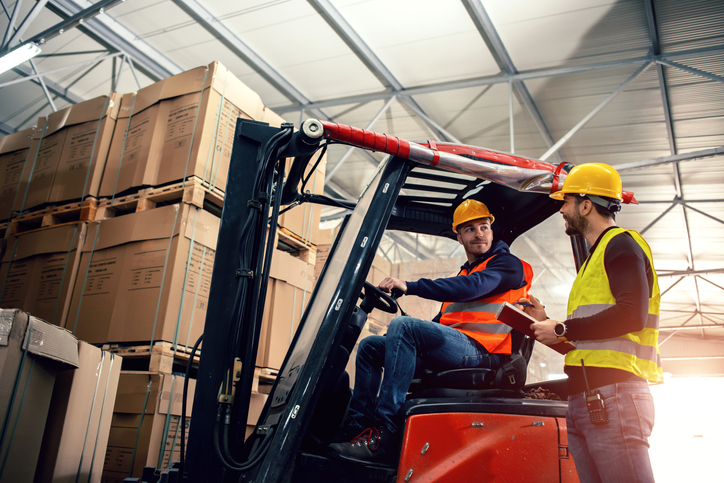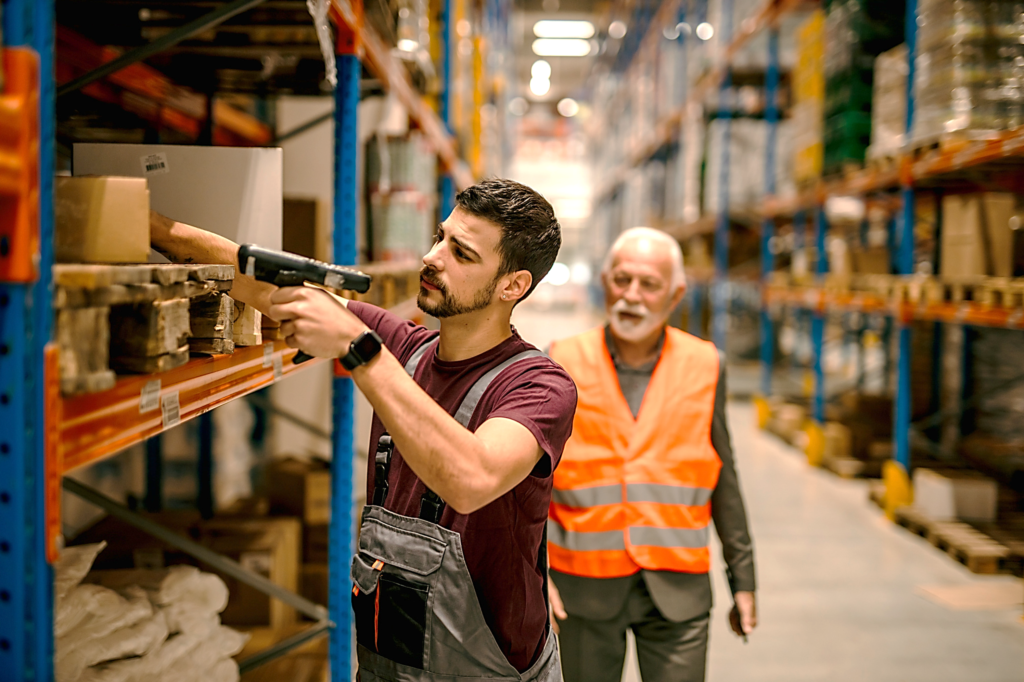The future of warehousing is here, and it’s all about the rise of smart warehouses. Gone are the days of manual labor and inefficient processes. With the integration of technology and automation, warehouses are becoming more efficient, cost-effective, and safer for workers.
But what exactly is a smart warehouse? A smart warehouse is a highly automated and data-driven warehouse that uses advanced technologies such as artificial intelligence (AI), the Internet of Things (IoT), and robotics to streamline and optimize warehouse operations.
One of the main benefits of smart warehouses is increased efficiency. With the use of AI and machine learning, smart warehouses can predict and prevent potential issues before they occur, reducing downtime and increasing productivity. For example, if a piece of equipment is showing signs of wear and tear, the AI system can alert maintenance staff to prevent a breakdown before it happens (Fernie & Sparks, 2014).
In addition to increased efficiency, smart warehouses can also reduce costs. By automating tasks such as picking and packing, smart warehouses can reduce labor costs and increase accuracy (Hoffman, 2019). Smart warehouses can also optimize the use of space and resources, leading to reduced energy and transportation costs (Fernie & Sparks, 2014).
Smart warehouses also improve safety for workers. With the use of robotics and automation, workers are no longer required to perform physically demanding tasks, reducing the risk of injury (Hoffman, 2019). Smart warehouses can also use sensors and other technologies to monitor the safety and well-being of workers (Fernie & Sparks, 2014).
The integration of technology in warehouses is not without its challenges, however. One of the main challenges is the upfront cost of implementing smart warehouse technology. While the long-term benefits may outweigh the initial cost, it can still be a barrier for some companies (Hoffman, 2019). In addition, there is a risk of job loss due to the automation of certain tasks. However, it is important to note that the integration of technology can also create new job opportunities in fields such as data analysis and maintenance (Fernie & Sparks, 2014).
Another challenge is the need for skilled workers to operate and maintain the technology. As the demand for technology in warehouses increases, there will be a need for workers with specialized technical skills (Hoffman, 2019). It will be important for companies to invest in training and development to ensure their workforce is equipped with the necessary skills.
Despite the challenges, the future of warehousing is bright, and smart warehouses are leading the way. As technology continues to advance, it is likely that we will see even more innovative and sophisticated warehouse systems in the future.
In conclusion, the rise of smart warehouses is transforming the warehousing industry. With the integration of technologies such as AI and robotics, warehouses are becoming more efficient, cost-effective, and safe for workers. While there are challenges to implementing smart warehouse technology, the long-term benefits make it a promising investment for companies. As technology continues to advance, we can expect to see even more innovative and sophisticated warehouse systems in the future.
References:
Fernie, J., & Sparks, L. (2014). Logistics and retail management: emerging issues and new challenges in the retail supply chain. Kogan Page Publishers.
Hoffman, D. (2019). The Future of Warehousing: Automation, Robotics, and the Internet of Things. Inbound Logistics, 75(8), 46-48.





